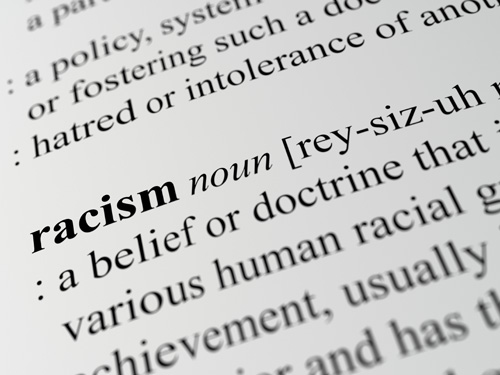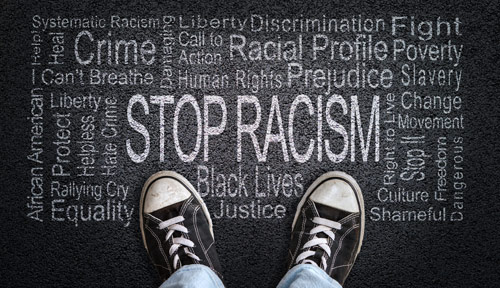
Yes, according to some government officials, civic, health and business leaders across the country, and national news media like the Washington Post. Some have even called it a crisis. Mayor Joe Curtatone of Somerville, Massachusetts, called systemic racism a public health and safety emergency.
Journalist Meghana Keshavan reported on the topic for Stat News:
“Black people are more likely than white people to die from cancer. They are more likely to suffer from chronic pain, diabetes, and depression. Black children report higher levels of stress. Black mothers are more likely to die in childbirth.
“Those findings are part of a mountain of research cataloguing the complex and widespread effects that racism has on the health – and the medical care – of Black people in the U.S. Those effects stretch back centuries and take different forms, from discriminatory diagnostics to institutional barriers to care, all of which affect a person’s health.”
Psychological Effects of Racism
The physical burden is just the start.
According to an article on the Anxiety and Depression Association of America’s website, authors Tahirah Abdullah, PhD and Jess Graham, PhD, write that racism takes a significant toll on the mental health for Black Americans.
“The anxiety, anger, sadness, etc. that arises is an understandable reaction during and in the wake of these painful experiences of racism,” according to the authors.
Racism and Discrimination and Mental Health
If any good is to come of this national reckoning with discrimination and racism, it is that people are paying serious attention, particularly the leadership of organizations dedicated to mental health.
“… I am charged with striving to transform the understanding and treatment of mental illnesses through basic and clinical research, paving the way for prevention, recovery, and cure. I cannot ignore the fact that this mission is not achievable without taking into account the inequalities that lead to worse mental health outcomes in underserved and minority communities,” writes Joshua Gordon, MD, PhD and director of the National Institute of Mental Health (NIMH). “Indeed, the trauma of racism and police violence can themselves exacerbate mental health outcomes. While the recent events have put that trauma into the national spotlight, these traumas have been occurring for generations”
As a result, the NIMH is committing to changing how Black Americans are treated by the healthcare system. Dr. Gordon says the organization is drafting a plan that “focuses on identifying mechanisms associated with mental health disparities and testing interventions aimed at promoting equity and improving outcomes.” The plan will look into the increase in suicide rates in Black youth, how to ensure “an effective and inclusive workforce for mental health research,” and “that Black communities are treated fairly by [NIMH].”
Likewise, the National Alliance on Mental Illness (NAMI) also suggested that changes must be made in how Black Americans are treated by the mental healthcare system.

This sentiment was echoed by the American Foundation for Suicide Prevention CEO Robert Gebbia. Mr. Gebbia wrote:
“We acknowledge that institutional racism, systemic poverty, blatant discrimination, and unconscious bias impact the daily lives of millions of black and brown families, and that this directly impacts their mental health.
“As a health organization, we will also continue to speak out about the inequities in access to healthcare, and especially mental health, for people of color, and to advocate for ending these disparities.”
Read more about minority mental health on our blog: https://genesight.com/blog/patient/mental-illness-knows-no-race/
Our articles are for informational purposes only and are reviewed by our Medical Information team, which includes PharmDs, MDs, and PhDs. Do not make any changes to your current medications or dosing without consulting your healthcare provider.
The GeneSight test must be ordered by and used only in consultation with a healthcare provider who can prescribe medications. As with all genetic tests, the GeneSight test results have limitations and do not constitute medical advice. The test results are designed to be just one part of a larger, complete patient assessment, which would include proper diagnosis and consideration of your medical history, other medications you may be taking, your family history, and other factors.
If you are a healthcare provider and interested in learning more about the GeneSight test, please contact us at 855.891.9415. If you are a patient, please talk with your doctor to see if the GeneSight test may be helpful.





